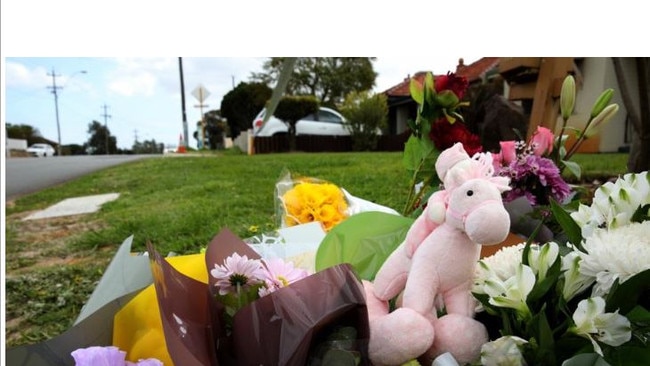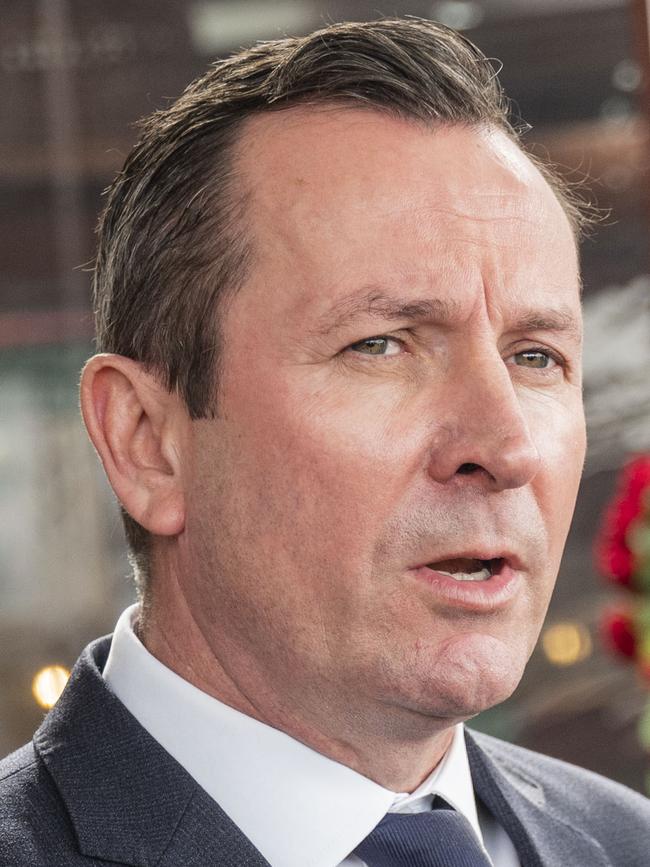Natasha Stott Despoja: Domestic violence have caused the deaths of 46 women in Australia this year
ON Wednesday night, journalists were recognised for their efforts in improving the reporting on domestic and family violence. But these national awards took place against a backdrop of more violence and tragedy, says Natasha Stott Despoja.
ON Wednesday night, journalists were recognised for their efforts in improving the reporting on domestic and family violence.
Unfortunately, these national awards took place against a backdrop of more violence and tragedy.
This week, we learnt five family members were murdered in cold blood in Bedford, WA. Anthony Robert Harvey allegedly killed his daughters — three-and-a-half-year-old Charlotte Kate Harvey, two-year-old twins Alice Ester and Beatrix Mae Harvey — and their mother Mara Lee Harvey. He’s accused of killing Ms Harvey’s mother, Beverley Ann Quinn.
It has left us all reeling, again.

This toll means 46 women have been killed violently in Australia this year. Like many Australians, I am sick of it. I am sickened by the statistics, the stigma and the cost in every sense — human and economic.
We cannot go on like this: in the face of unspeakable acts in which survivors are forever maimed physically and mentally, with shattered neighbours and children witnessing appalling acts.
Across Australia police get called to one domestic violence matter every two minutes, 657 times a day. One in four women older than 15 has experienced physical violence in her lifetime and every week, on average, a woman is killed.
Despite comments by people such as the WA Premier Mark McGowan, who looked shattered by this latest tragedy in his state, that these are “inexplicable, unpredictable”, in reality, most of these murders take place in the home and are often the final brutal act after a long history of violence.

Of the women who experience violence, more than half have children in their care.
The focus of Our Watch is primary prevention: stopping the violence before it occurs.
This includes working with the media to shift the national conversation that allows people to blame the survivor and ask, “Why didn’t she leave?” or “Why was she walking there?”
Instead, we should be asking “Where would she go?” “Why isn’t that place safe for women?” or “Why did the perpetrator commit violence?”
Media reports should not blame the victim or excuse violence. Responsible reporting does not excuse or diminish violence by suggesting, for example, that a “good man” snapped or alcohol and or stress caused violence.
There is always a perpetrator, and they should not be invisible in reporting.
The best reporting also gives context to this violence and includes information on support services such as 1800-RESPECT.
Our Watch is an independent organisation working across the community to build a movement that says enough. No more. Not on our watch.
■Natasha Stott Despoja is the founding Chair of Our Watch


